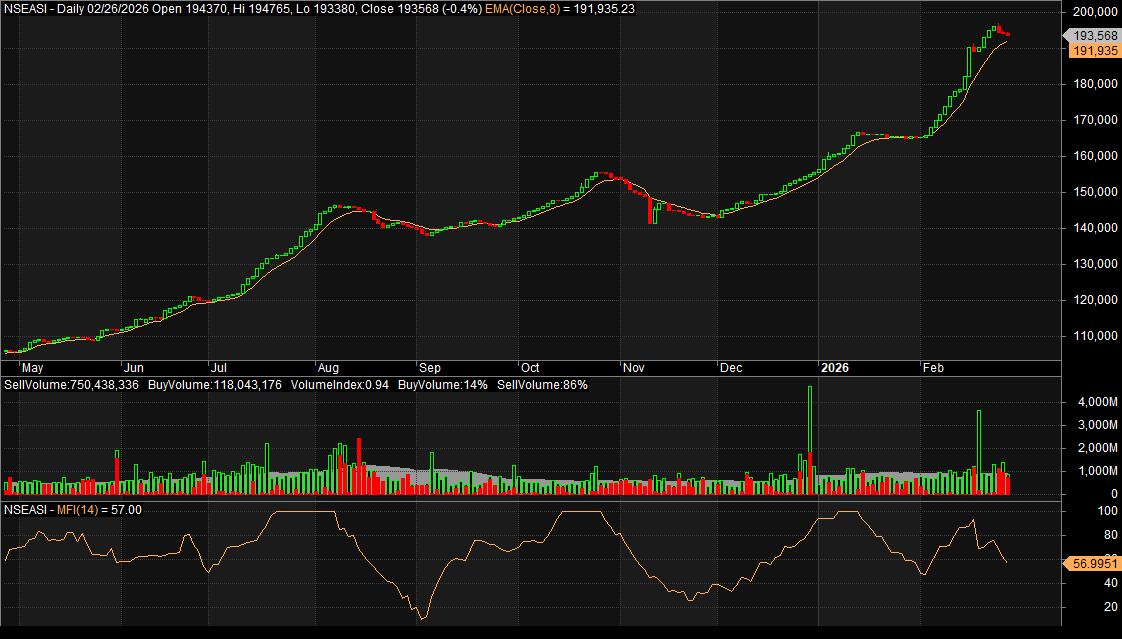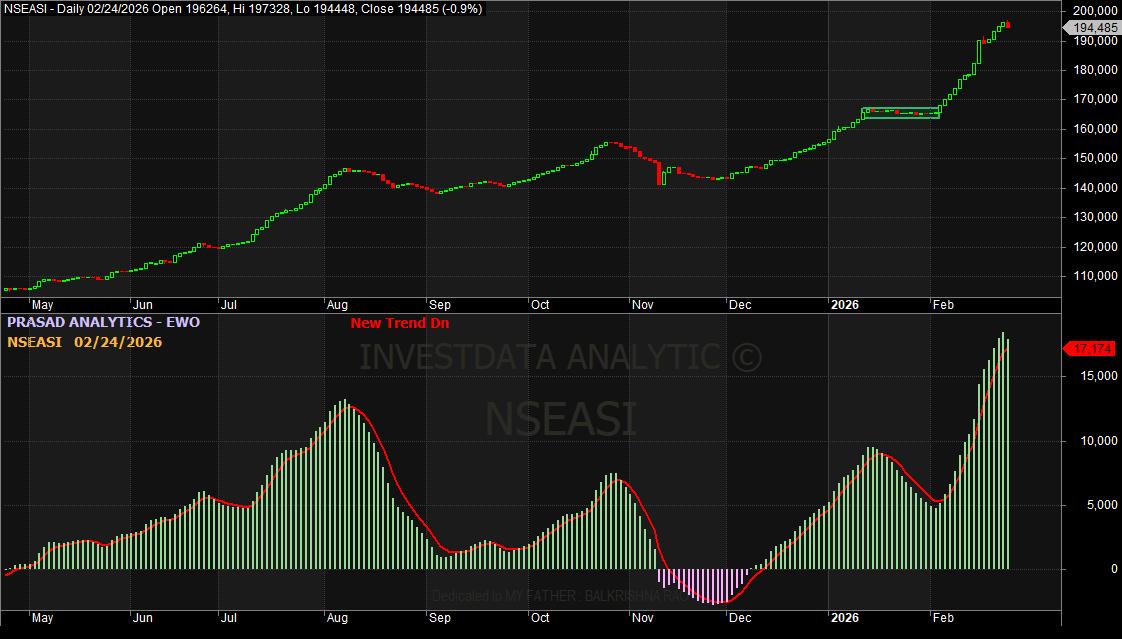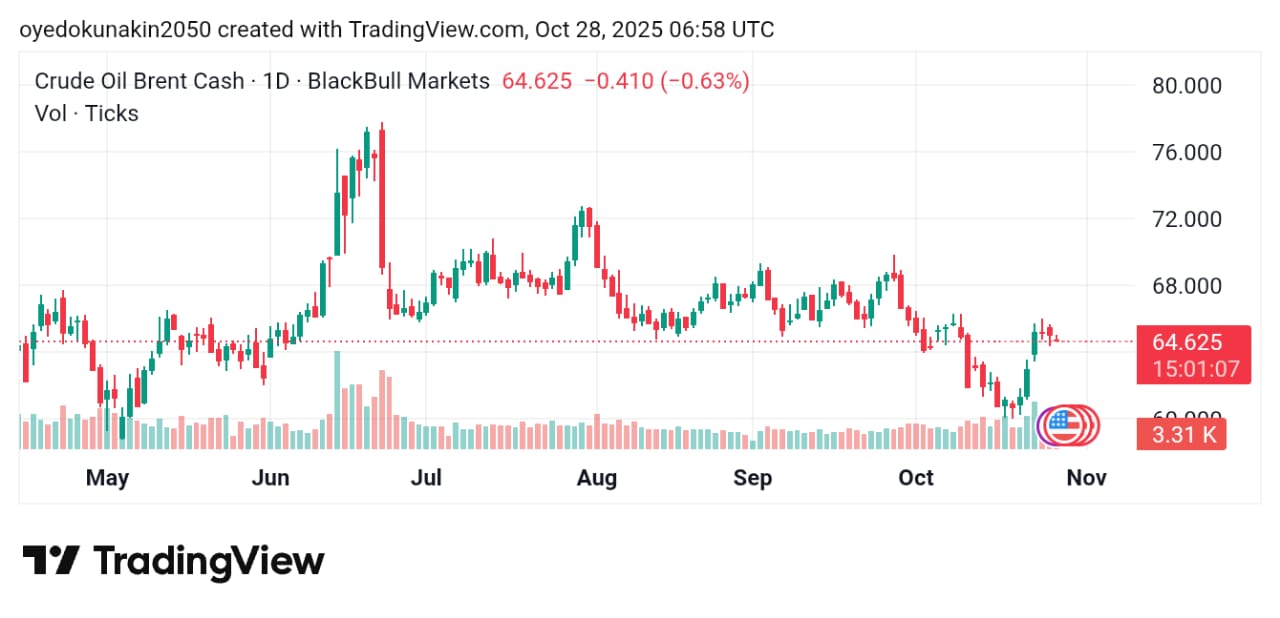
The Central Bank of Nigeria (CBN) says it spent N848.32bn managing liquidity in the nation’s economy between January and June 2018.
This, according to its Half Year Activity Report released on Wednesday, showed that the figure increased by N270.86bn, or 46.9%, compared to the N577.46bn recorded in the corresponding period of 2017.
The report noted the significant growth at the Open Market Operations auctions in the period under review, compared to the preceding half year, as bills offered increased by 277.34% from N3.702tr to N13.972tr. Subscription level rose to N11.651tr from N4.593tr, representing 153.62%; out of which a total of N9.743tr worth of bills were sold, up by 151.5% from N3.874tr in the first half of 2017.
The increased level was attributed “to sustained monthly disbursements to the three tiers of government by the Federation Accounts Allocation Committee (FAAC), high volume of CBN Bills maturities and the frequency of auctions.”
“Tenors of OMO auctions in the period, ranged from 73 to 365 days, at stop rates of between 10.9000 and 14.4000%. In the preceding year, the tenors were between 140 and 364 days at stop rates of between 16.0000 and 18.6000%.
The report also noted that deposit money banks in the country had less recourse to the Standing Lending Facilities (SLF) window where they either borrow from, or deposit excess funds at the end of each business day, when compared with the corresponding period of 2017.
Average daily volume of SLF however stood at N57.36bn in 123 transaction days, with intra-day liquidity facility (ILF) conversion constituting N45.54bn or 79.39.
Continuing, the report put direct intervention in the interbank foreign exchange market to cushion demand pressures and ensure exchange rate stability during the period at $9.499bn. This comprised $1.546bn at the inter-bank spot, $768.7m for invisibles, $637m for SMEs, $1.236bn at the Investors and Exporters’ window, and forwards sales, $5.311bn.
On the other hand, according to the report, the CBN purchased $6.436bn at the inter-bank market, resulting in a net sale of US$3.063bn, of which $5.681bn matured at the forwards segment, and $1.469bn was outstanding at end June.
The figure represents an increase from the $8.105bn sold at the inter-bank market, comprising $772m at the inter-bank spot, $704m for invisibles, $442m for SMEs, $415.34m at the I & E window, while forwards sales were $5.771bn.
“On the other hand, the Bank purchased $1.031bn at the inter-bank market, resulting in a net sale of $7.073bn.
“The sum of $5.485bn matured at the forwards segment, while $1.988bn was outstanding at end-June 2017.
“The increased transactions in 2018 were attributable to the (CBN’s) foreign exchange management strategy of sustaining liquidity in the market and maintaining exchange rate stability.”
Also, the report put cost of domestic debt instruments of the Federal Government at N941.99bn at the end of June, up by 37.04% from N687.37bn in 2017, due “to the rise in the stock of the domestic debt, from N11.86tr at end-June 2017, to N12.151tr at end-June 2018.
While coupon payments for FGN Bonds, FGN Green Bonds and FGN Savings Bonds accounted for N542.73bn or 57.62%, N0.72bn or 0.08% and N0.5bn or 0.05%, respectively; interest payments on NTBs and FRN Treasury Bonds stood at N379.51bn or 40.29% and N10.36bn or 1.1%, respectively.
Also, rental payments on FGN Sukuk of N8.17bn, or 0.87% accounted for the balance. In all, cost of the Federal Government’s domestic debt instruments stood at N941.99bn in the review period, increasing by 37.04%, when compared to N687.37bn in 2017, due to “the rise in the stock of the domestic debt, from N11.86bn at end-June 2017, to N12.151.44 billion at end-June 2018.
Total value of FGN Bonds outstanding at end-June 2018 stood at N9.407tr, indicating a rise of N792.78bn or 9.2%, when compared with N8.614tr in the corresponding period of 2017. Of this amount, N5.772tr, or 61.36% was held by non-bank public; N3.467tr, or 36.86% by Deposit Money Banks, while the balance of N167.56bn or 1.78% was by merchant banks.













